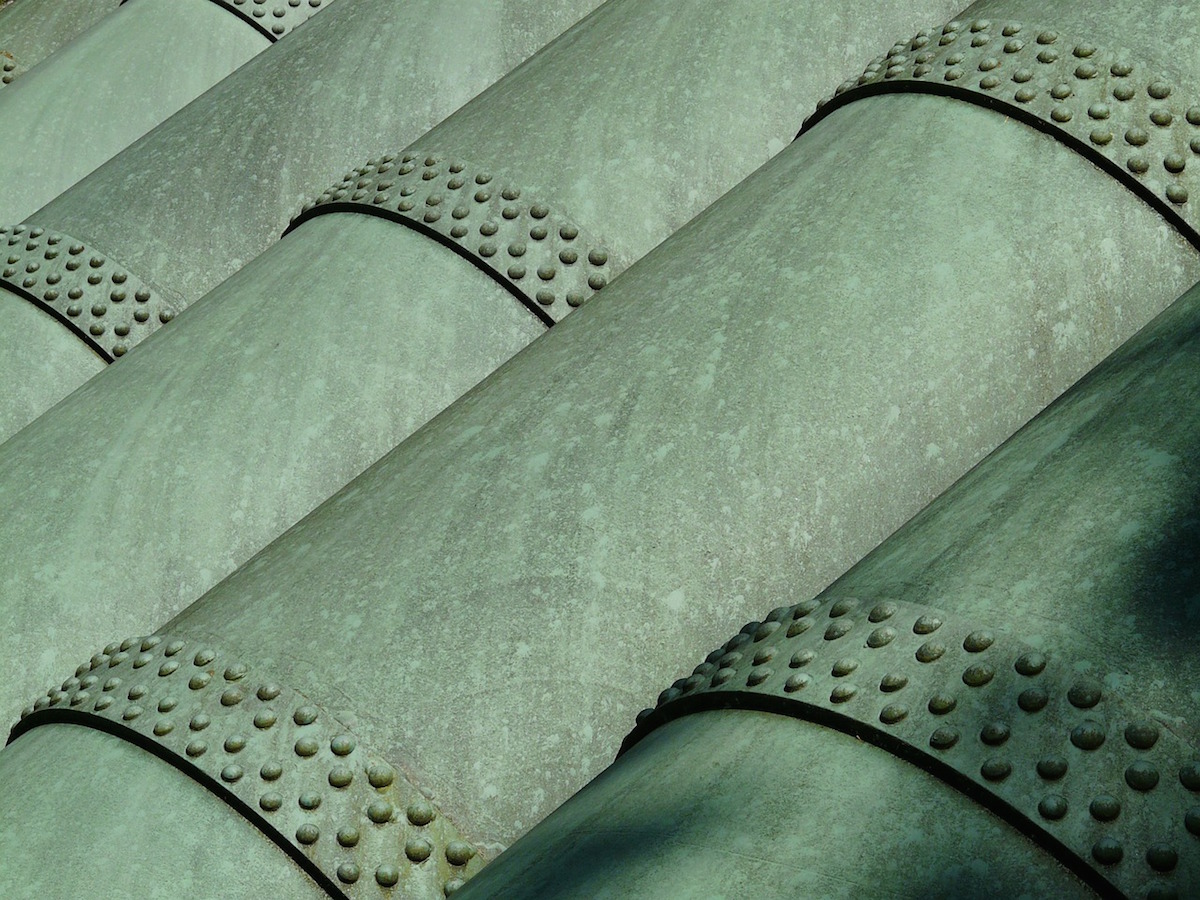Corrosion in sprinkler system piping can be a costly problem if leaks occur, causing damage to the interior of a structure, according to Matt Klaus, Principal Fire Protection Engineer with the National Fire Protection Association.
Replacing piping is no small expense, either. Corrosion can also cause blockages in the piping network, which can lead to an ineffective sprinkler system during a fire.
Corrosion can take on many forms, including oxidation, microbiologically influenced corrosion, and galvanic corrosion. The technical committees responsible for NFPA 13, Installation of Sprinkler Systems, have been looking at ways to eliminate or reduce corrosion in sprinkler systems for several revision cycles.
Reducing corrosion in dry systems can be achieved by eliminating all of the water from these systems after testing/activation and using alternative gases like nitrogen for charging these systems. For wet systems, limiting the amount of air in the system is the goal. Air trapped in pressurized sprinkler system piping results in an increase in the concentration of dissolved oxygen in the piping, enabling corrosion. Venting the trapped air in a wet system reduces this problem, so a revision to the wet system sprinkler system standard requires that a single air vent be installed for each system.
Depending upon the building geometry and sprinkler design, it is possible to trap air in many locations in the system, meaning a single vent may not be effective. Therefore, some stakeholders believe that the requirement adds cost to the property owner and the design team without any assurance that there is a long-term benefit to the system.
Related Stories
Codes and Standards | Jul 8, 2021
New York City shuts down 322 construction sites for unsafe conditions
Action comes as inspectors visit more than 2,100 sites.
Codes and Standards | Jul 7, 2021
Bechtel, Nautilus partner on sustainable, high-performance data centers
Facilities would use 70% less power for cooling, eliminate consumption of drinking water.
Codes and Standards | Jul 7, 2021
Surfside condo collapse could spur new legislation
Natl. Institute of Standards and Technology is investigating.
Codes and Standards | Jul 7, 2021
Intl. Code Council appoints committees to lead energy code development
One-third of appointees are government regulators.
Codes and Standards | Jul 1, 2021
COVID-19 made payment delays to contractors much worse
Only one in ten companies is always getting paid in full.
Codes and Standards | Jun 30, 2021
New resource for public sector organizations to develop energy data management program
Dept. of Energy document contains more than 30 examples of successful implementations.
Codes and Standards | Jun 29, 2021
Biden China policy may spur more increased U.S. PV manufacturing capacity
Senate bill proposes advanced solar manufacturing production credit.
Codes and Standards | Jun 28, 2021
Local and state building energy performance standards aim to curb climate change
Owners must up the ante on operations and retrofits.
Codes and Standards | Jun 24, 2021
Biden Administration will restore ‘Waters of the U.S.’ protections ended by Trump
Early revision more likely to hold up in court, says legal expert.
Codes and Standards | Jun 23, 2021
Denver unveils renewable heating and cooling plan
City releases roadmap to decarbonizing existing homes and buildings.

















